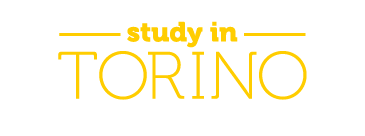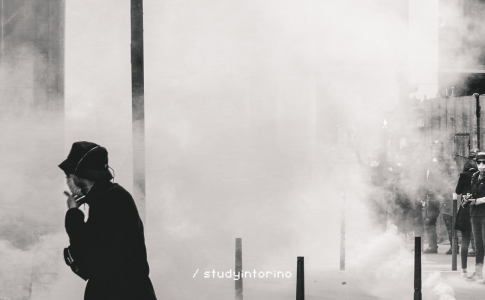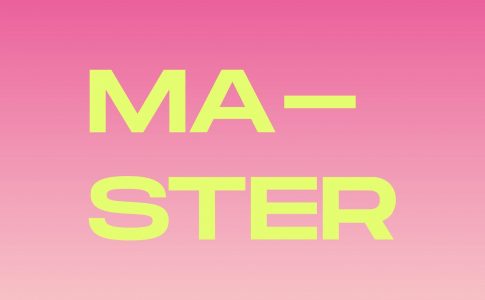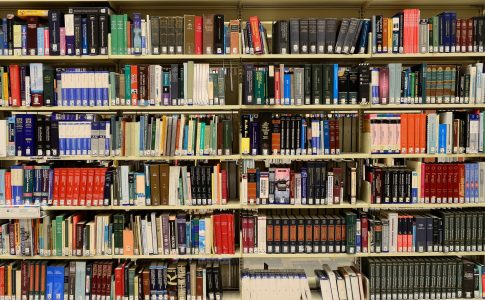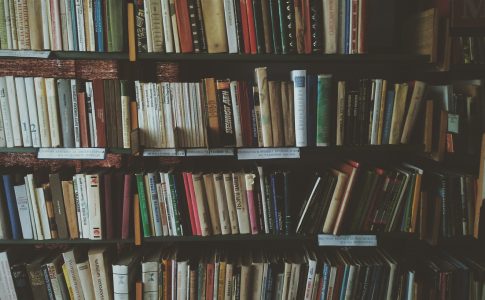The call for applications for this year’s housing services and scholarships, which you can find here, has recently been issued by the Ente Regionale per il Diritto allo Studio Universitario del Piemonte – Edisu (Regional Body for the Right to University Education of Piedmont). From 9.30 am, on July 21 st , it will be possible to apply for these services online.
Remember that in addition to the SPID (digital ID) you must meet the criteria of the ISEE (an indicator of the economic conditions of families seeking financial aid from the government) valid for the right to university study. The ISEE must not exceed € 23,626 and it takes into account the income of the applicant in the year 2020 and his/her assets as of 31/12/2020.
What is the scholarship?
It is a sum of money, split into two instalments, which is awarded to the winner of a public competitive exam among university students who are enrolled full-time or part-time at universities in the Piedmont region and meet the economic criteria indicated in the announcement to qualify for the exam.
What are the housing services?
The housing services consist of supplying students with an apartment, assigned by the Edisu body, in one of the university halls of residence in Turin or in other cities in the Piedmont region where university courses take place. The apartment cannot be chosen by students.
The requirements for applying for the scholarship and the housing services are the same. On the other hand, the deadlines for submitting your application and the dates of publication of the rankings are
different.
DEADLINES
SCHOLARSHIP AND ACCOMMODATION APPLICATION: 2 September 2022 at 12 pm (Italian time)
SCHOLARSHIP ONLY APPLICATION: 30 September 2022 at 12 pm (Italian time)
